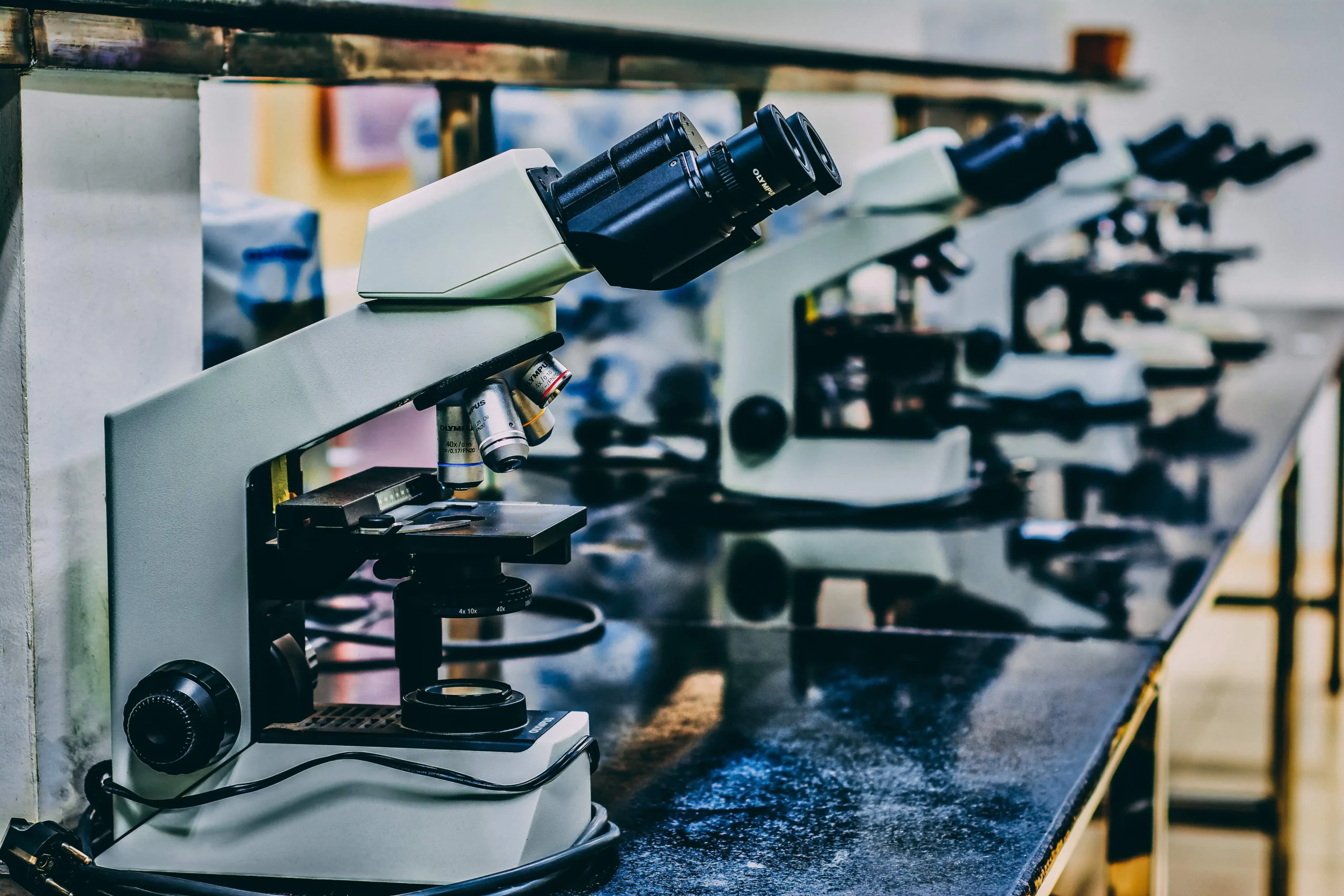Employing institution: Noguchi Memorial Institute for Medical Research, University of Ghana
Host institution: University of Cambridge, UK
Project title: Training in experimental study design, bioinformatics and placental transcriptomics to build placental research capacity in Ghana.
Dr Obiri received her PhD in molecular cell biology of infectious diseases from the University of Ghana under the World Bank Africa Centres of Excellence Project. She is currently a Research Fellow with the Department of Immunology, Noguchi Memorial Institute for Medical Research, University of Ghana. Her research is focused on understanding maternal and foetal interaction to improve pregnancy outcomes and lifelong health of women in sub-Saharan Africa.
AREF Fellowship:
Abnormal placental development contributes to common pregnancy disorders such as pre-eclampsia. Although causes of these placental abnormalities are poorly understood, they are also extremely understudied, especially in sub-Saharan Africa where maternal mortality due to direct pregnancy causes are high.
In the case of preeclampsia for instance, the etiology is unknown and delivery of the placenta might be the only cure. Genetic predisposition such as sickle cell disease might also increase the risk of preeclampsia. It is important to understand the underlying causes of these placental abnormalities by using clinical and molecular research approaches. This will help identify novel diagnostic and therapeutic targets to improve the clinical management of conditions like pre-eclampsia in order reduce maternal/neonatal deaths in sub-Saharan Africa.
Dr. Obiri’s fellowship will be at the Centre for Trophoblast Research, a world leading centre for placental research at the University of Cambridge. She will receive support from Dr Andrew Sharkey and Dr Irving Aye and their teams who have vast experience in placental research. Their training will be invaluable to her future career prospects. Dr Obiri will expand on this collaboration to build a placental research capacity with support from her home institution.
“Building placental research capacity is now crucial. It is the key to understanding and solving unique maternal health challenges in my region.”



